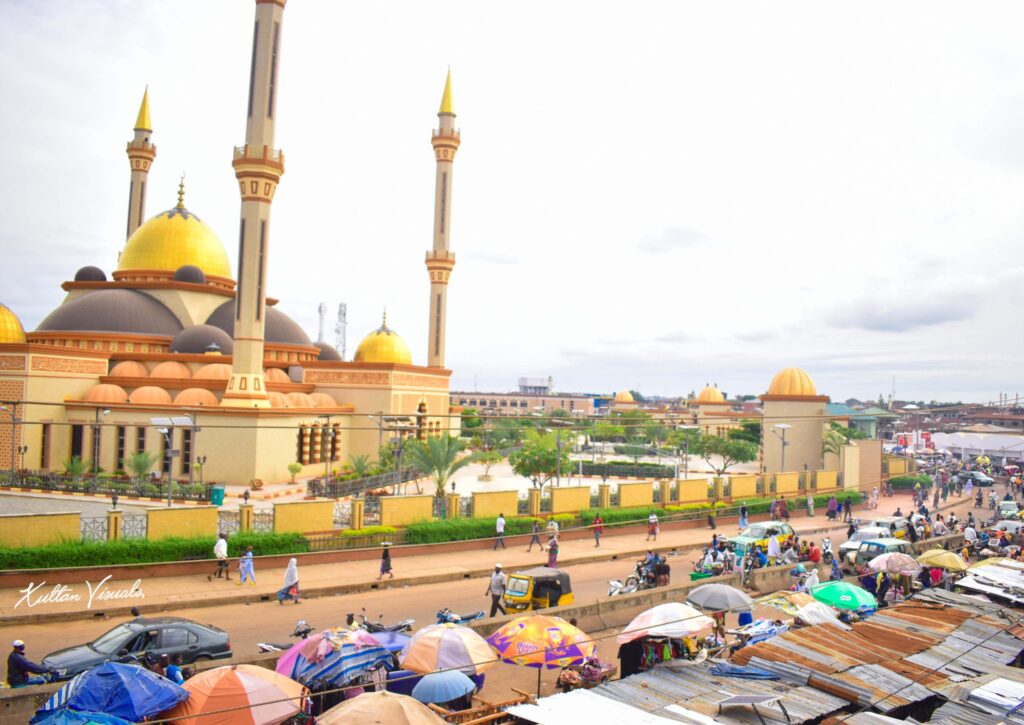I returned to Abuja from Ilorin via Kaduna, on Monday. I had been away for nine days. It is one of my annual rituals to spend at least a week back home during Ramadan. This is a most special period in Ilorin and I return attempting to catch a whiff of the colour and taste of the community which moulded my life and which has retained a remarkable sense of its piety and traditions, rooted in Islam. As I have written repeatedly on this page, my forefathers were Jihadist Islamic scholars with roots in the old empires of West Africa (called Bilad as-Sudan, in medieval times). In Ilorin, Ramadan has always brought out the best of the people’s fidelity to their religious traditions. But even within the context of the month, alot has evolved with many old ways having died out. As the saying goes, if you wait long enough, everything changes!
As a growing child of the 1960s, I recall the special atmosphere about us in the lead to the month and I think it was Ramadan, which first triggered my consciousness about the incredible energy of women in our communities. They fast just like the men, but they cooked all day, as the men either rested or attended Tafsir in the mosques. The cooking continued during Sahur, early in the morning, while in between, they attended sermons in the night, which usually lasted beyond midnight. Women just never seemed to find respite, and Ramadan magnified their roles especially.
For the children, we engaged in a game that has all but become extinct today, called EPA OKUTA (a kind of bean used to make what must be an Ilorin-only delicacy called KANGU! I loved it from childhood and up till my mother’s death in 2009, she would purchase and send to me in Abuja). The game had a sophistication about it, that I still recall today, because it taught practically every element of warfare: defence; attack; preparing fortresses, building alliances and probing the weaknesses of the adversary. Children will gather from near and far, around my family’s mosque. Often, they had accompanied their grandfathers to attend Tafsir at the mosque; while the elderly carried on their religious business, children engaged themselves in that game. There was also the tradition of children constructing their own mosques during Ramadan. As a matter of fact, the preparation commences several days before, and it was one of the reminders that the holy month was approaching. There was a competition to construct the most colourful and most intricate mosque, which often stayed months after Ramadan; children then simulated the prayers that took place inside the real mosques.
There was not much in terms of material wealth then, but people readily shared the little they had and even the poorest families seemed to get a lot, in the spirit of Ramadan. What was lost in Ilorin, that I have continued to lament, was the way bands of young musicians (they were called AJIWERE) would roam the entire community each night, singing really beautiful songs to wake people up for Sahur. There was a finale, which brought the best AJIWERE to a night of competition to select the best musician for the year, at the Emir’s palace. Some of the great musicians of the past included YE-BOBO; ADISA; SAKA DANFO and AREMU (SECOND DIVISION!). A couple of years ago, with the fundamentalist religious revival that caught the Muslim world, Ilorin was also brought into the sweep. Religious scholars convinced the emirate hierarchy to stop the musical extravaganza; they substituted with recitations of the Qur’an and that musical tradition gradually withered away!I have returned for a nine-day stay to catch a whiff of this truly remarkable month in the Ilorin because it offers a poignant moment of connection with forces which helped to provide some of the building blocks of my consciousness.


